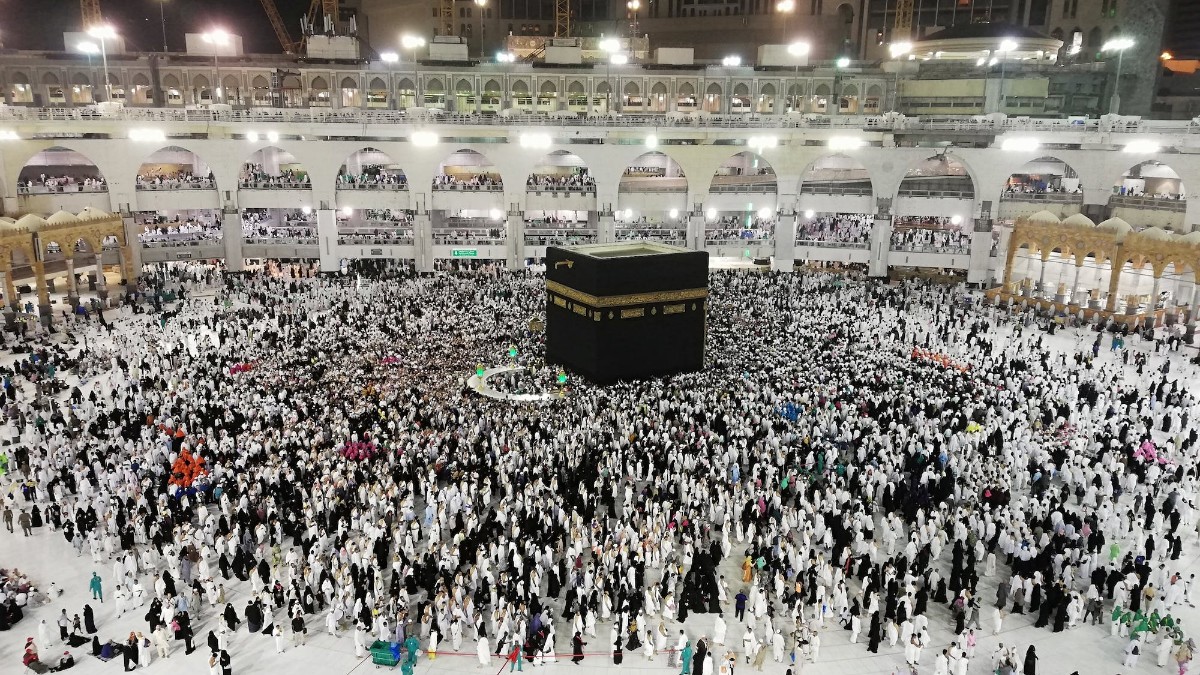Travellers throng Saudi Arabia during the holy month of Ramadan. But certain revamped rules from the Saudi Islamic Affairs Ministry have enraged citizens and Muslims worldwide. Let’s try to understand the changes and the reason behind implementing such new rules.
No Iftar Inside Mosque, Loudspeakers Or Prayer Broadcasts
In order to observe the holy month of Ramadan in 2023, the Islamic Ministry released a set of guidelines and limitations. The use of loudspeakers, performing i’tikaf without proof of identity, broadcasting prayers, and eating iftar in mosques are all prohibited by these rules. As Ramzan for the year 1444 AH approaches, Sheikh Abdullatif Bin Abdulaziz Al-Alsheikh, Minister of Islamic Affairs provided ten points of assistance in a paper that was published and distributed on Friday.
But why these extreme changes though?
Some observers claim that these adjustments signal a shift away from the traditional Saudi identity that places a high value on Islam. Many critics described it as an effort by the Saudi authorities to lessen the role of Islam in public life. Muslims have started to rebel against the aforementioned changes.
Also Read: Ramadan 2023: This UAE Mall Plans To Feed 100 Underprivileged People Daily During The Holy Month
What Are The Changes Introduced For Ramadan In Saudi Kingdom?
1. The aforementioned directives forbade mosques from soliciting donations in exchange for providing food for worshippers. It was claimed that such dinners have to be organised and held outside the mosque, in particular parts of the mosque courtyard.
2. The muezzin and imam, who oversee Islamic prayer sessions, should be present during the preparation and serving of these meals.
3. Unless there is an “exceptional necessity,” the imam and muezzin must be present the entire month, according to the ministry’s instructions.
4. To avoid disturbing the worshippers, they must make sure that the evening prayers, Tarawih, and the night prayers, Tahajjud, are completed in plenty of time.
5. If cameras are present in the mosque, utilising them to record the prayers of the congregation or the imam is banned.
6. Media shouldn’t be used to broadcast prayers.
7. As doing so would offend others and undercut the idea of devotion, the Ministry forbade visitors from bringing children to mosques.
8. The limitation of loudspeaker volumes for broadcasting the call to prayer is one of the laws that is in practice in past years during Ramadan and otherwise.
Critics pointed out that the government has been steadily pushing musical events and hosting well-known Western artists and other foreign cultural icons in an effort to appeal to global audiences and open the Kingdom’s community.
The updated rules have faced a worldwide backlash from the Muslim community.
Cover Image Courtesy: Media Library

